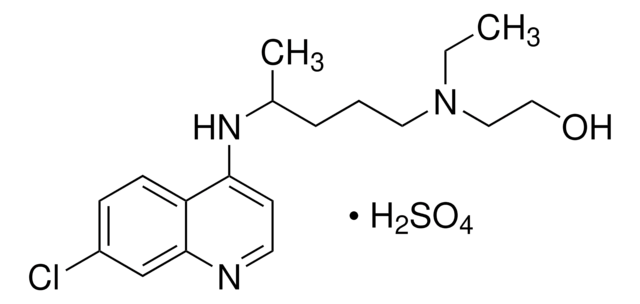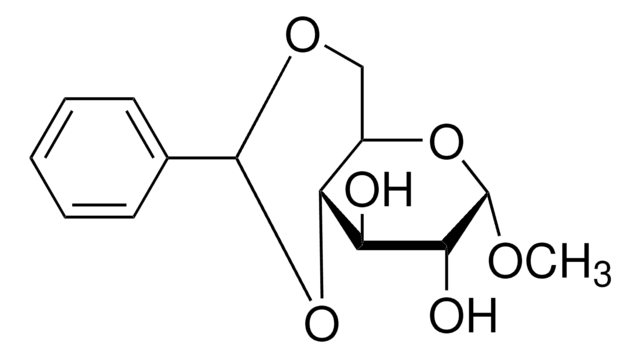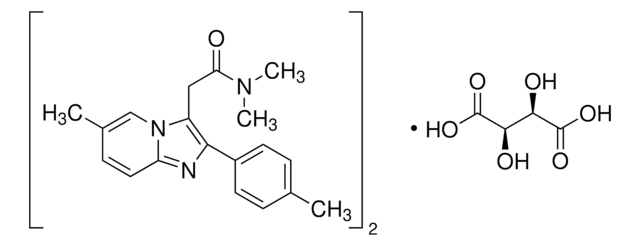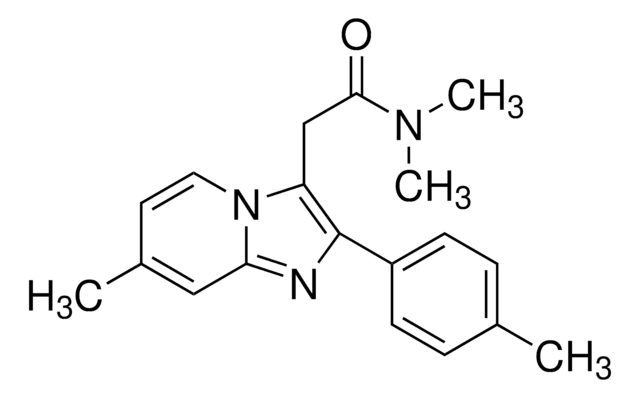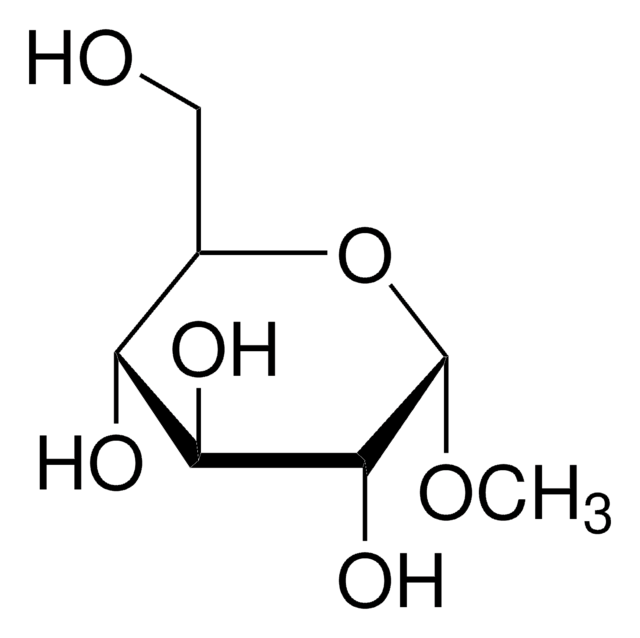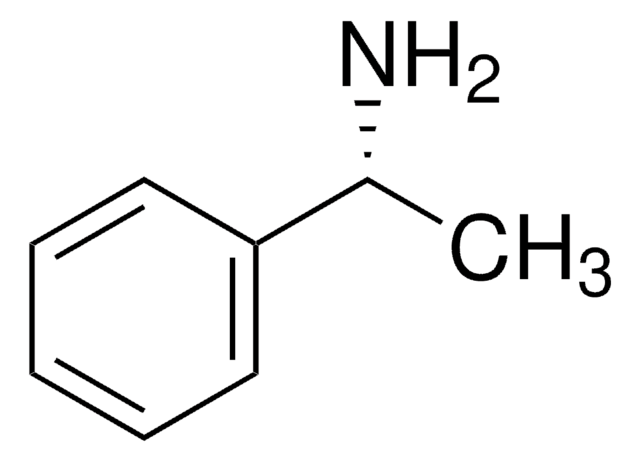5.05021
BMX-IN-1
Sinónimos:
BMX-IN-1, N-(2-Methyl-5-(9-(4-(methylsulfonamido)phenyl)-2-oxobenzo[h][1,6]naphthyridin-1(2H)-yl)phenyl)acrylamide, BMX/BTK Inhibitor, Bruton′s Tyrosine Kinase Inhibitor IV, BLK Inhibitor I, BMX Inhibitor I, JAK3 Inhibitor XIII, PI 3-K Inhibitor XX, PIP5K2C Inhibi
About This Item
Productos recomendados
assay
≥95% (HPLC)
Quality Level
form
solid
manufacturer/tradename
Calbiochem®
storage condition
OK to freeze
protect from light
color
off-white
solubility
DMSO: 12.5 mg/mL
storage temp.
−20°C
SMILES string
[S](=O)(=O)(Nc1ccc(cc1)c2cc3c4[n]([c](ccc4cnc3cc2)=O)c5cc(c(cc5)C)NC(=O)C=C)C
InChI
1S/C29H24N4O4S/c1-4-27(34)31-26-16-23(12-5-18(26)2)33-28(35)14-9-21-17-30-25-13-8-20(15-24(25)29(21)33)19-6-10-22(11-7-19)32-38(3,36)37/h4-17,32H,1H2,2-3H3,(H,31,34)
InChI key
SFMJNHNUOVADRW-UHFFFAOYSA-N
General description
Biochem/physiol Actions
BMX
BTK
Packaging
Warning
Reconstitution
Other Notes
Legal Information
Storage Class
11 - Combustible Solids
wgk_germany
WGK 3
flash_point_f
Not applicable
flash_point_c
Not applicable
Certificados de análisis (COA)
Busque Certificados de análisis (COA) introduciendo el número de lote del producto. Los números de lote se encuentran en la etiqueta del producto después de las palabras «Lot» o «Batch»
¿Ya tiene este producto?
Encuentre la documentación para los productos que ha comprado recientemente en la Biblioteca de documentos.
Nuestro equipo de científicos tiene experiencia en todas las áreas de investigación: Ciencias de la vida, Ciencia de los materiales, Síntesis química, Cromatografía, Analítica y muchas otras.
Póngase en contacto con el Servicio técnico